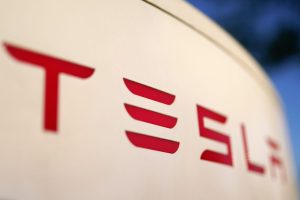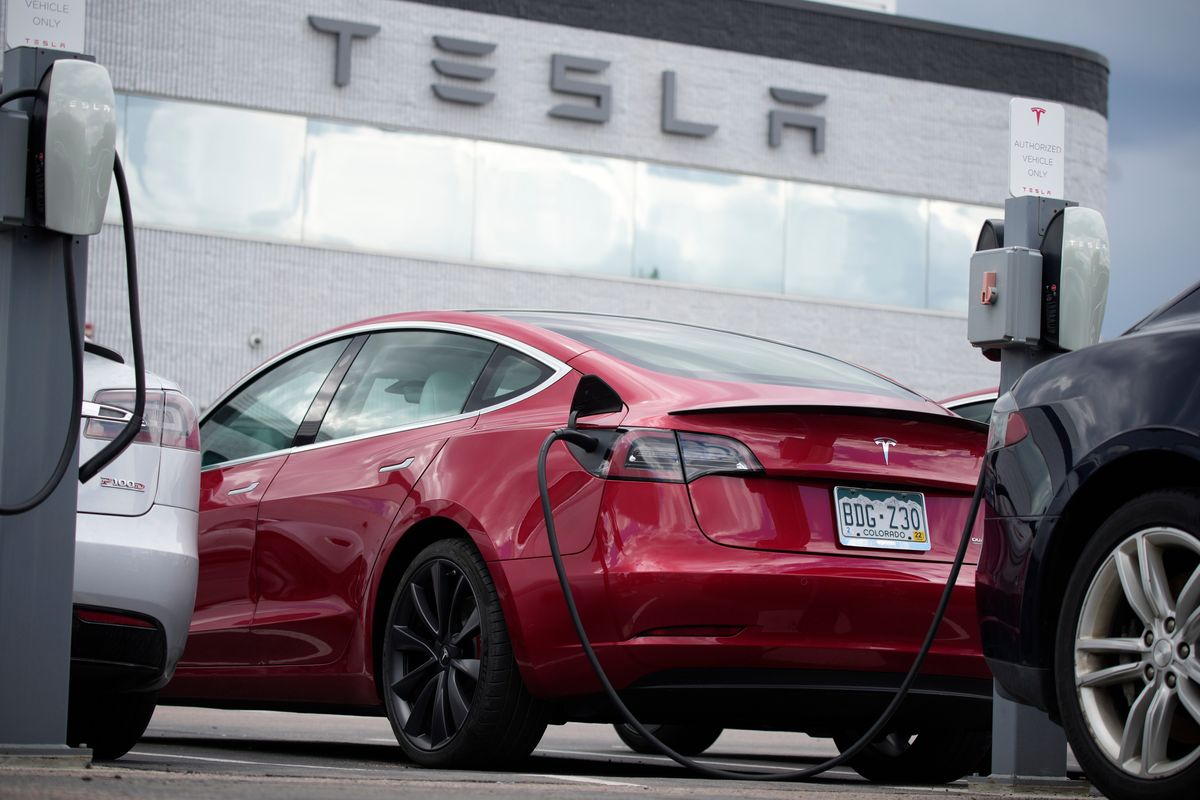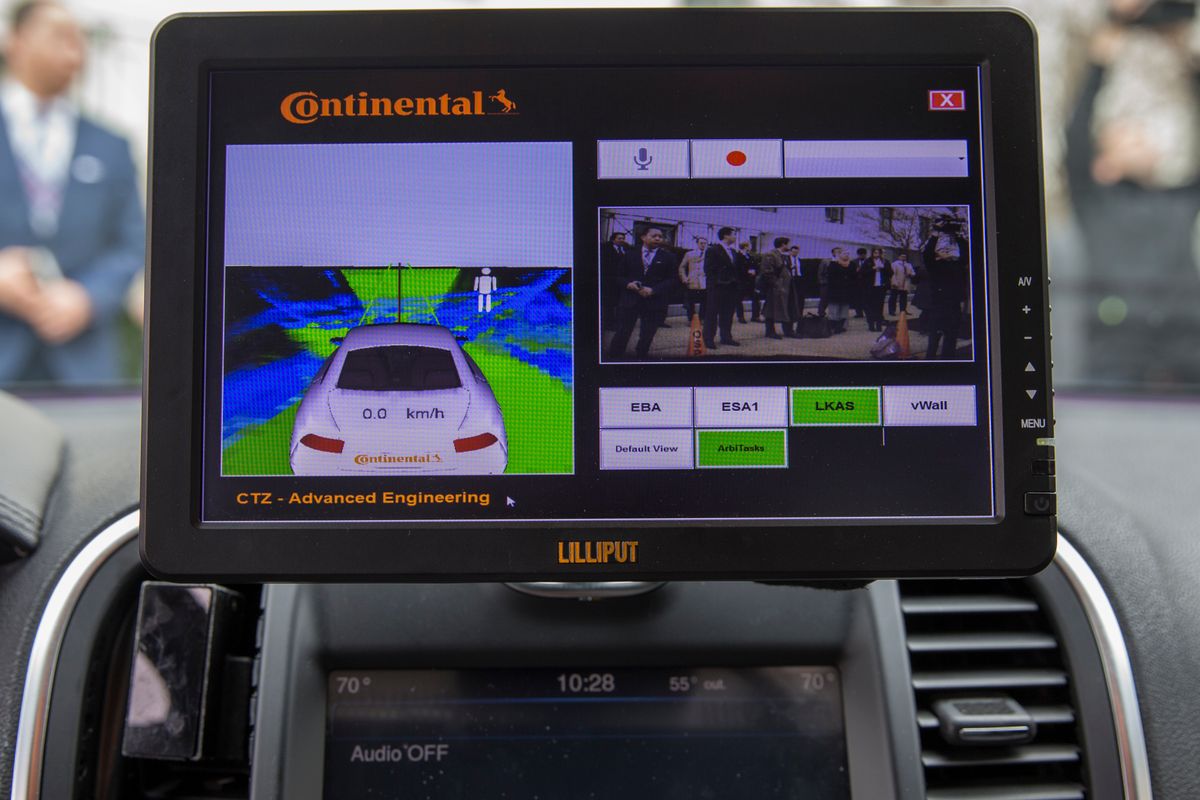NEW YORK (AP) — Federal regulators have opened yet another investigation into Tesla’s self-driving feature after dozens of incidents in which the cars ran red lights or drove on the wrong side of the road, sometimes crashing into other vehicles and causing injuries.
The National Highway Traffic Safety Administration said in a filing that it is looking into 58 incidents in which Teslas reportedly violated traffic safety laws while using the company’s so-called Full Self-Driving mode, leading to more than a dozen crashes and fires and nearly two dozen injuries. The new probe adds to several other open investigations into Tesla technology that could upend Elon Musk’s plans to turn millions of his cars already on the road into completely driverless vehicles with a over-the-air update to their software.
“The ultimate question is, ‘Does the software work?’” asked Seth Goldstein, a Morningstar analyst with a “sell” rating on the stock. Added money manager Ross Gerber, “The world has become a giant testing ground for Elon’s concept of full self-driving, and it’s not working,”
The probe comes as Musk, whose fortune as the world’s richest man derives partly from Tesla’s levitating stock, has promised to roll out hundreds of thousands of driverless taxis in cities around the U.S. by the end of next year.
The new investigation covers 2.9 million vehicles, essentially all Teslas equipped with full self-driving technology, or FSD, a misnomer criticized for lulling drivers into handing full control over to their cars. Tesla has argued to regulators and in court cases that it has repeatedly told drivers the system cannot drive the cars by itself and whoever is behind the wheel must be ready to intervene at all times.
In the new probe, regulators reported that many of the Tesla drivers involved accidents said the cars gave them no warning about the unexpected behavior.
Tesla stock fell nearly 3% at one point Thursday but closed with a loss of just 0.7%.
The agency behind the latest probe, NHTSA, opened an investigation last year into driver-assistance features in 2.4 million Teslas after several crashes in fog and other low-visibility conditions, including one in which a pedestrian was killed. NHTSA also opened an investigation earlier this year for a “summon” technology that allows drivers to tell their cars to drive to their location to pick them up after reports of several fender benders in parking lots.
Another investigation was launched by the agency in August looking into why Tesla apparently has not been reporting crashes promptly as required.
That same month, a Miami jury found that Tesla was partly responsible for a deadly 2019 crash in Florida involving its Autopilot driver assist technology — which is different than full self-driving — and must pay the victims more than $240 million in damages. Tesla said it would appeal the decision.
Money manager Gerber, a long-time Tesla investor who says he once was a big believer in the company’s driver assistance feature, says the company should stop calling it full self-driving and admit the vision-only system using cameras on its cars needs to be supplemented with radar sensors and other hardware. Otherwise, regulators should force it to do that.
“They have to take responsibility for the fact that the software doesn’t work right and either adjust the hardware accordingly — and Elon can just deal with his ego issues — or somebody is gonna have to come in and say, ‘Hey, you keep causing accidents with this stuff and maybe you should just put it on test tracks until it works,’” he said.
The FSD system under investigation is what is called Level 2 driver-assistance software that requires drivers to pay full attention to the road. A new version of FSD was introduced earlier this week. The company is also testing a vastly upgraded version that does not require driver intervention, something that Musk has been promising to roll out for years.
Tesla is under pressure to show success with FSD because the main part of its business — selling cars — is struggling.
Customers who don’t like Musk’s support of President Donald Trump and far-right candidates in Europe have boycotted the company, sinking sales. Meanwhile, rival EV makers, including China’s BYD, are stealing market share with cheaper, high-quality offerings.
In response, Musk on Tuesday announced Tesla would be s elling two new, stripped down and cheaper versions of models already on the road, including its best-selling Model Y. But investors, hoping for lower prices or a completely new offering, were unimpressed, pushing the stock down 4.5%.
—-
Ott reported from Washington.
By BERNARD CONDON and MATT OTT
AP Business Writers



